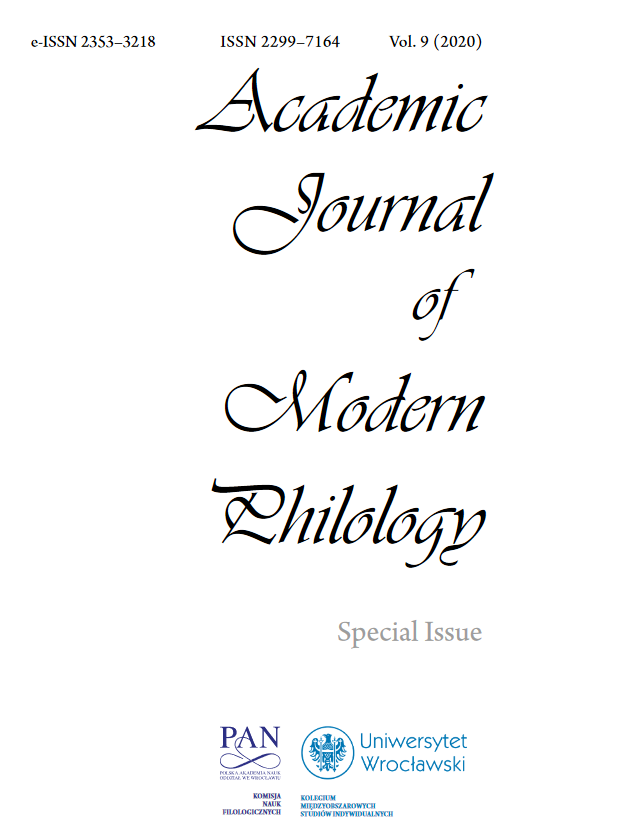Roman autobiographique ou « biographie pour soi » ? Revenir de Jean Luc Raharimanana, ou la fin du commencement
Autobiographical Novel or “Biography for Oneself ”? Jean Luc Raharimanana’s Revenir, or the End of the Beginning
Author(s): Izabella ZatorskaSubject(s): Language and Literature Studies, Studies of Literature
Published by: Komisja Nauk Filologicznych Oddziału Polskiej Akademii Nauk we Wrocławiu
Keywords: autobiographical novel; family relationships; biography for oneself; Raharimanana; Dominique Viart; Madagascar
Summary/Abstract: Instead of the cliché, “How can one be a Madagascan?,” I would suggest reversing the question, so, “How can one not be a Madagascan?”. But what would a Madagascan say constitutes being a Madagascan? The journey of the individual, marked by the awareness of a particular place – “La Grande Terre” for the inhabitants, the Red Island for foreigners − by his gestures and his beliefs, could take on an exemplary anthropological value, but under what conditions? Revenir (The Return), Raharimanana’s last and autobiographical novel (he was born in 1967), will provide the starting-point of our enquiry.Actually, Revenir is a fictionalized autobiography, since its hero, Hira, has a different name from that of the author. Or one could call it a “Biography for oneself,” to use the terminology of Dominique Viart, who defines such a work as an “indirect autobiography” or a “biography as a method,” the indirectness corresponding here to the story of his father’s life; his father had hidden his early years (an unhappy childhood) and got his son unwittingly to take on the role of family chronicler, or of writer for the public at large. The end of the story thus becomes a beginning − the history of the parental relationships − which is told at the end of the narrative. All in order to demonstrate the inextricable intertwining of two destinies: that of the father and that of the son. Thus the “story of the filiation” becomes an “(auto)biographical work of fiction” and vice-versa. And there is a third subject (object) of the action, the history of Madagascar, for which both the father and the son are spokesmen. Translated by Mark Waddicor
Journal: Academic Journal of Modern Philology
- Issue Year: 2020
- Issue No: 9
- Page Range: 367-376
- Page Count: 10
- Language: French

